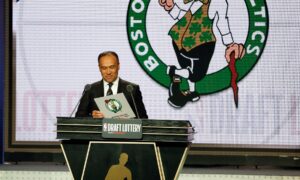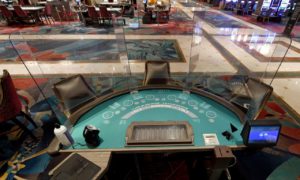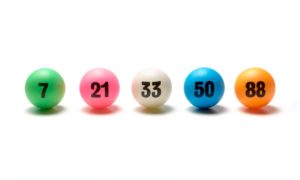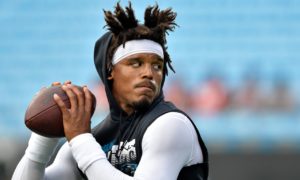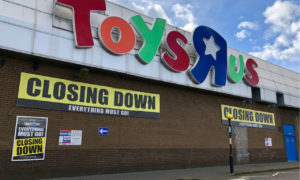Jump straight to the content.
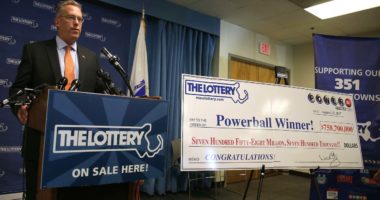
State Treasurer Deborah Goldberg argues that if Massachusetts lawmakers permit online sports betting, they should also enable individuals to purchase Massachusetts Lottery tickets online.
Goldberg emphasized in a statement to the State House News Service after a Massachusetts Lottery Commission meeting in January that in order to sustain an annual revenue of nearly $1 billion for local aid, the Massachusetts Lottery must be granted the capability to sell its current products online.
This holds especially true if the state proceeds with sports betting legislation that allows the introduction of mobile sports betting apps. This action would compel the lottery to enter into competition within the expanding Massachusetts gambling industry, both online and offline.
Moving forward, the availability of online sports betting necessitates the online availability of the Lottery as well.
Massachusetts online lottery pitch
For the past few years, Goldberg has been urging Massachusetts lawmakers to legalize online lottery sales. In 2016, the Senate approved a bill with a 22-17 vote, granting authorization for online lottery sales. However, the House showed little interest in the matter, effectively disregarding it. Since then, Goldberg’s efforts to promote online lottery sales have been disregarded.
Legislators have shifted their focus towards scrutinizing fantasy sports and online gambling instead.
Currently, it appears that legislators are ready to pass sports betting laws this year, in one way or another. Goldberg is optimistic that the lottery will also be included and not neglected.
In January, a diverse group of Massachusetts senators and Governor Charlie Baker put forth a range of bills with the ultimate objective of legalizing and taxing sports betting. These bills encompassed provisions that would enable individuals to place bets on professional sports, both through online platforms and at Massachusetts casinos.
A Senate committee will be responsible for further examination of the five bills. Moreover, within the last year, six additional states have successfully implemented sports betting laws, while others are also contemplating the matter. The popularity of legal sports betting is undeniable, prompting the Massachusetts Legislature to prioritize it on their agenda for 2019.
Goldberg’s hope lies in the hands of lawmakers, as she eagerly awaits their decision to allow the Massachusetts Lottery to enter the realm of online gambling.
Naturally, we aspire to be included in the discussions. Once all factors are considered — such as the potential shift of sports betting to online platforms, the increase in casinos, and the popularity of daily fantasy sports — it is crucial for the Lottery to maintain fairness in order to fulfill its purpose effectively.
Online lottery and the Wire Act
Goldberg’s initiative to introduce online lottery sales in Massachusetts might have encountered an obstacle at the federal level.
The US Department of Justice recently issued an updated opinion on the Wire Act, which has been in effect for nearly 50 years. This revised interpretation seems to contradict the DOJ’s previous stance in 2011, which stated that the act solely pertains to sports betting. It is worth noting that the 2011 opinion was instrumental in motivating several states, aside from Massachusetts, to commence online lottery sales.
While attending a legislative conference in Washington, Goldberg expressed her intention to engage in discussions with the state’s congressional delegation regarding the potential impact of the opinion on the feasibility of online lottery sales in Massachusetts.
Upon examining this perspective, I harbored concerns regarding its potential consequences for the Massachusetts Lottery as well as lotteries nationwide.
During this session, we will be discussing this matter with the Legislature as they address sports betting and online lottery. We are actively taking steps to work alongside the Attorney General’s office and engaging with congressional members during the NAST Legislative Conference to carefully consider the consequences of this opinion.
Meanwhile, a considerable number of state governments, as well as the lottery and casino industries, are aligning themselves against the aforementioned opinion. The majority are urging the DOJ to revoke it or abstain from implementing any enforcement measures as a result of it.




